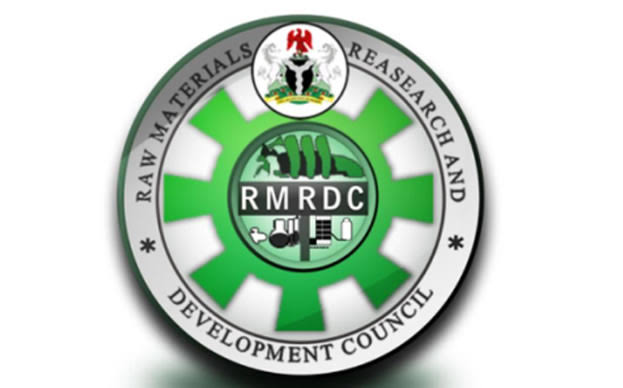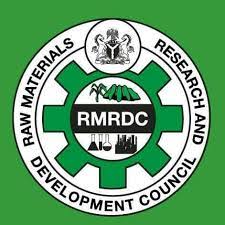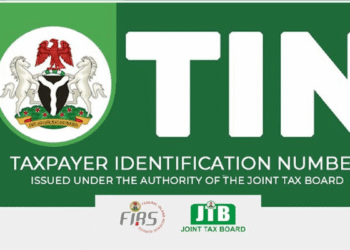The Raw Materials Research and Development Council plans to publish a comprehensive raw materials database this month, aimed at increasing Nigeria’s industrial competitiveness and giving critical information to investors and businesses.
This was revealed by RMRDC’s Director General and Chief Executive Officer, Professor Nnanyelugo Ike-Muonso, at the council’s 100-day anniversary celebration in Abuja on Tuesday.
Addressing the media, Ike-Muonso underlined the importance of the database, saying, “The database for raw materials that we’re developing does not exist anyplace in Nigeria, as it is now.
We provide both technical and investment information, and you may quote me wherever. This is more than simply point data; we’re offering detailed information about each raw element, including its economic value.

The database, which provides comprehensive information on the availability, potential for exploitation, and economic worth of different raw resources across Nigeria, is anticipated to be an invaluable resource for investors.
The DG clarified, “We have raw materials that are solids, agricultural, and mineral included.” In order to direct investment, he continued, “we’re even figuring out how much of each raw material is exploited in every location, along with related risks and tax policies.
” This program is in line with the council’s overarching plan to reorient its research towards commercialisation and industry relevance.
“We were not set up to do blue sky research,” said Ike-Muonso, emphasising the importance of conducting research that directly addresses the demands of the industrial sector. Research that the market will accept is what we desire.
Our study is now focused on industrial competitiveness and market acceptance thanks to the new template we’ve introduced. He went on to discuss the council’s audacious goal in more detail, outlining intentions to get at least 200 patents in a 24-month period.
“You may contribute to this by ensuring that your research is easily commercializable. We want research that industry can adopt and that will improve industrial competitiveness,” he said.
Ike-Muonso emphasised the significance of the new research template, which has already been sent to universities throughout the country with the cooperation of the Nigerian Universities Commission.
“The speed of proposals has slowed because people are now required to think clearly. “They must ensure that the proposals make sense, are acceptable to industries, and contribute to industrial competitiveness,” he added.
The RMRDC is also exploring nontraditional funding sources to support its programs. Ike-Muonso indicated intentions to invite donor partners and diplomatic embassies to a gathering on October 9, where the council will explain its programs and discuss future collaborations.
“We hope that if it’s successful, we will have substantial commitments that will help in funding some of the initiatives we have lined up,” according to him.
As the debut of the raw materials database approaches, the RMRDC intends to establish itself as Nigeria’s definitive authority on raw material data provision.
“We want everybody to come to us for information on raw materials,” said the leader. “This database will play a critical role in guiding investors to exploitable raw materials and reducing the need for imports of resources that are readily available within the country,” according to him.
Bottom Line
The focus on a wide range of raw materials, including solid, agricultural, and mineral resources, ensures comprehensive coverage that can cater to diverse industrial needs.
Additionally, by detailing the risks and tax policies associated with each material, the database can help investors make informed decisions, thereby reducing uncertainties and fostering a more conducive investment environment.














